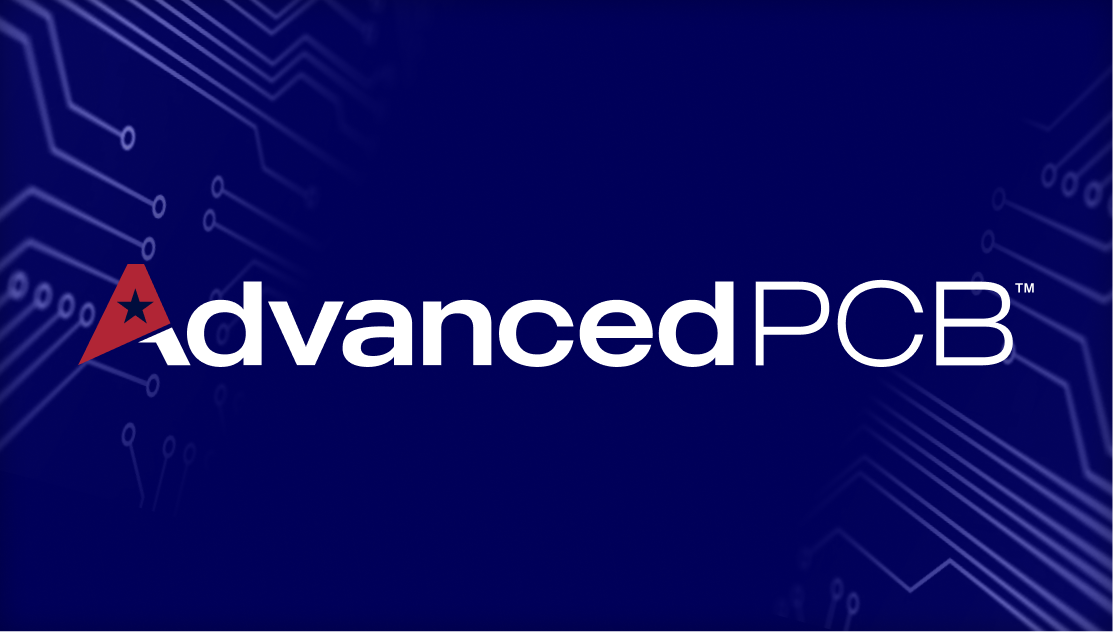Soluble Printed Circuit Boards Can Benefit Environment

.jpg?lang=en-US) With the amount of mobile devices in the world growing faster than the global population, a serious question must be addressed. What do we do with all of the consumer electronics and other products when they are no longer in use? It is clear that piling devices up in landfills has a drastic effect on the environment and our economy. Researchers at the University of Illinois are working to tackle this problem by developing printed circuit boards that are soluble and will essentially dissolve completely over time. This technology is primarily aimed to assist the medical industry, but would also do wonders for the world of consumer electronics. There is still much to be developed and worked out in terms of ensuring that components work the same, if not better, than what is available now.
With the amount of mobile devices in the world growing faster than the global population, a serious question must be addressed. What do we do with all of the consumer electronics and other products when they are no longer in use? It is clear that piling devices up in landfills has a drastic effect on the environment and our economy. Researchers at the University of Illinois are working to tackle this problem by developing printed circuit boards that are soluble and will essentially dissolve completely over time. This technology is primarily aimed to assist the medical industry, but would also do wonders for the world of consumer electronics. There is still much to be developed and worked out in terms of ensuring that components work the same, if not better, than what is available now.Potential Applications for Soluble Printed Circuit Boards
In order for soluble printed circuit boards to succeed on the market and earn worldwide adoption, product designers and engineers in all industries must find ways to integrate the technology into everyday applications. Potential uses for this new technology that could be seen in the coming years include:- Medicine – Brain monitors and other medical devices that need to be implanted can be made form these components so that once they have served their purpose they do not need to be removed.
- Cell Phones – Cell phones and other portable electronics end up in landfills or desk drawers when people stop using them. Instead, they will now be able to safely and responsibly recycle.
- Machinery – Machines that rely on PCBs can have their parts easily swapped out as needed without needing to start from scratch, saving time and money.

AdvancedPCB
Related Posts

Future trends of the circuit board
As consumer demands for faster, smaller and more efficient devices intensify, so do printed circuit board requirements. PCBs are the backbone of all electronic devices. They affect their size, speed and functionality.
Future trends of the circuit board
Read More

2-Layer vs. 4-Layer Printed Circuit Boards
When it comes to printed circuit boards (PCBs), there are infinite possibilities for how many layers you can have. Some supercomputers have nearly a hundred layers in their construction, but, the most common layered PCBs usually have only two or four layers.
2-Layer vs. 4-Layer Printed Circuit Boards
Read More

Understanding the Difference between PCB prototyping and Full Spec Production
Printed Circuit Board manufacturers such as AdvancedPCB offer two main types of services- Printed Circuit Board Prototyping (PCB) and full spec production. But what exactly do these mean, and what does each have to offer?
Understanding the Difference between PCB prototyping and Full Spec Production
Read More
Browse
All Categories
Recent Posts
View Recent Posts


